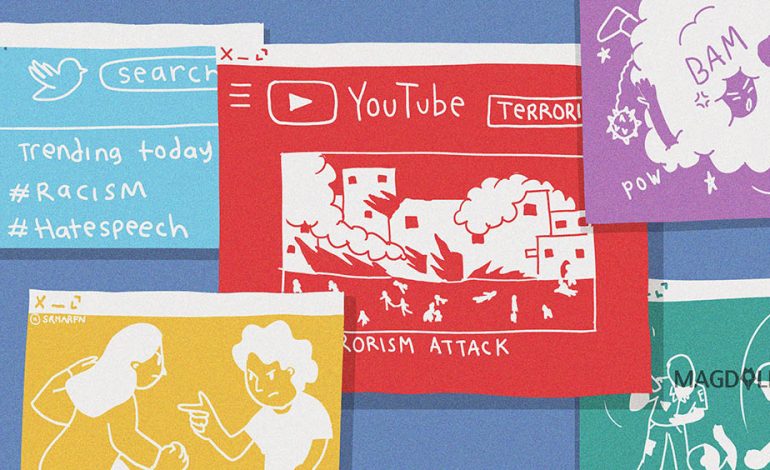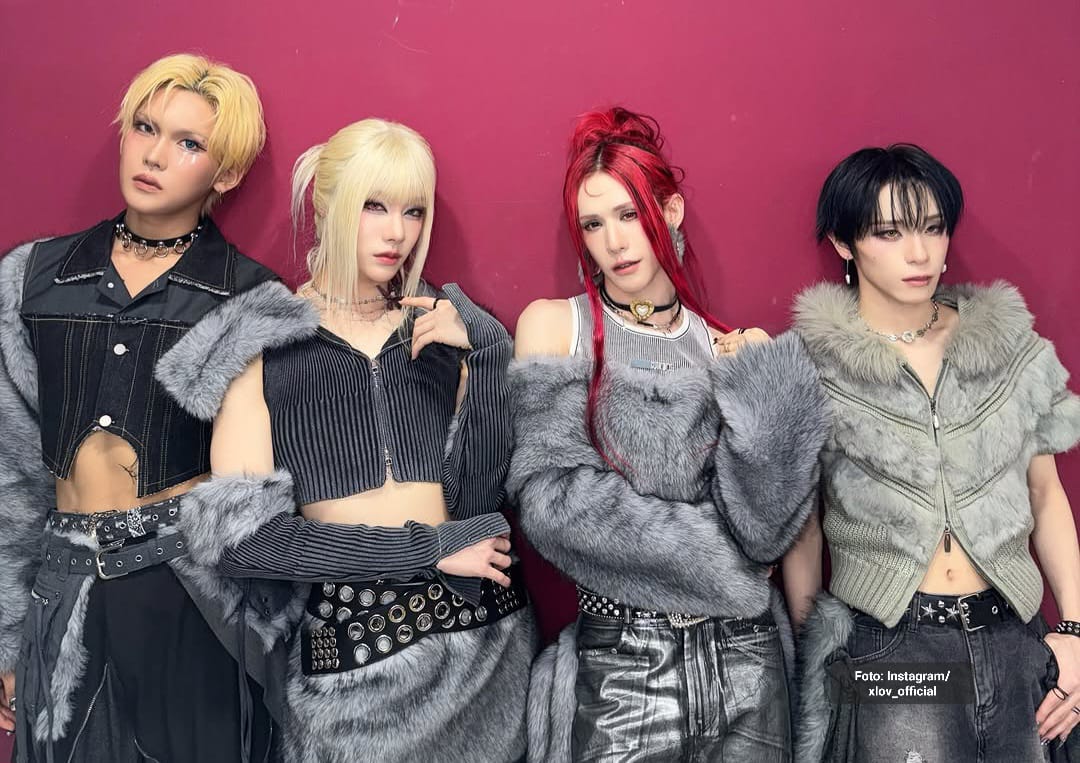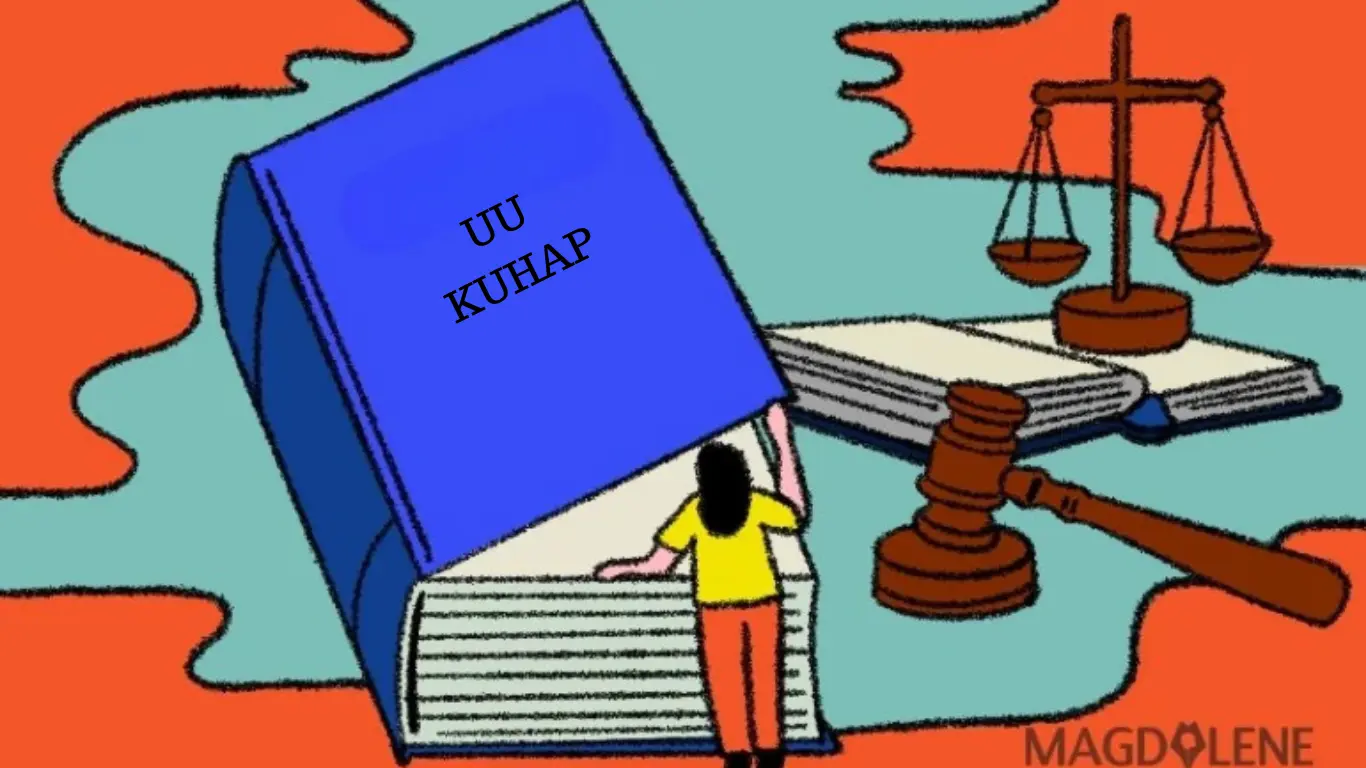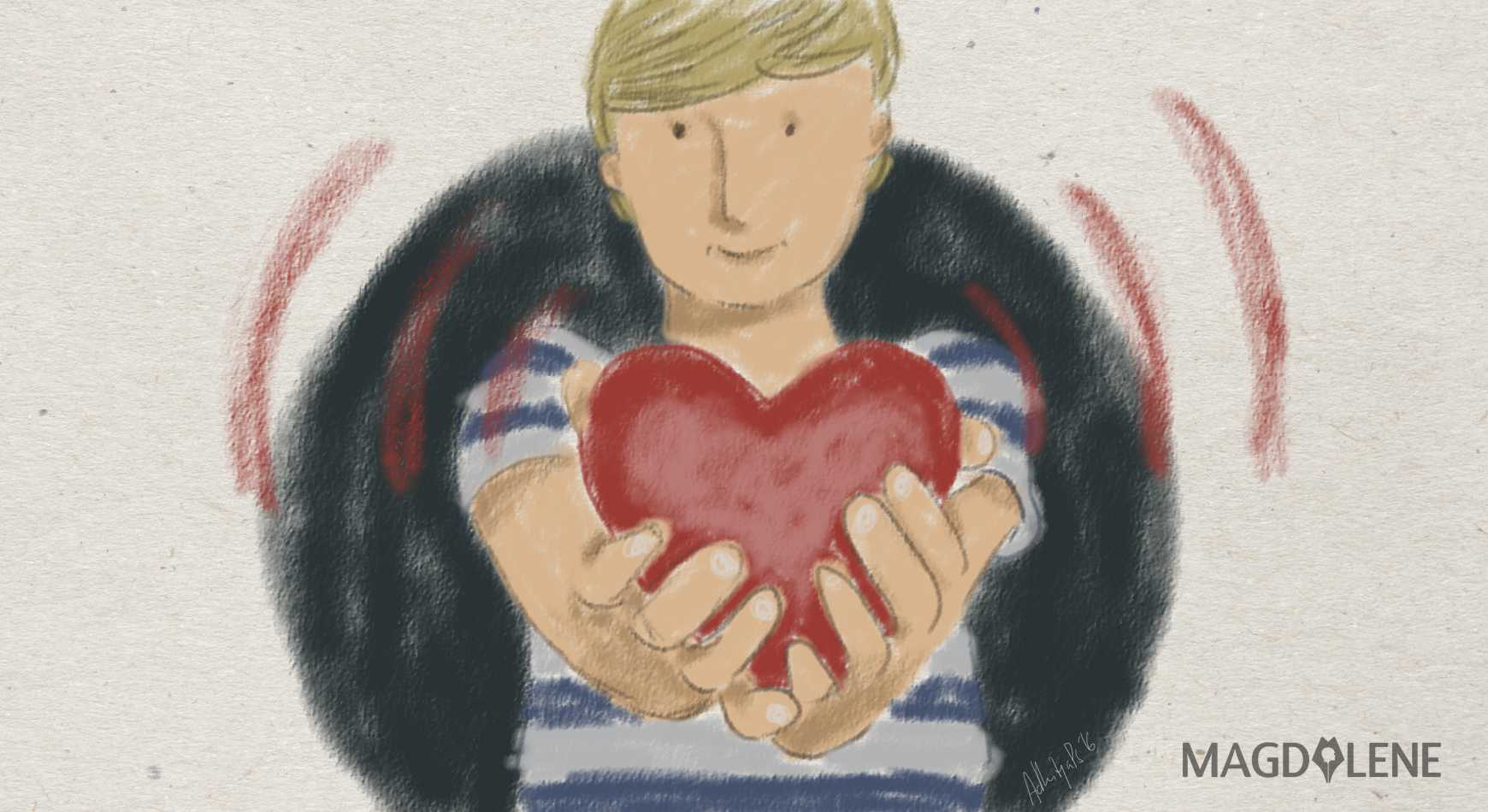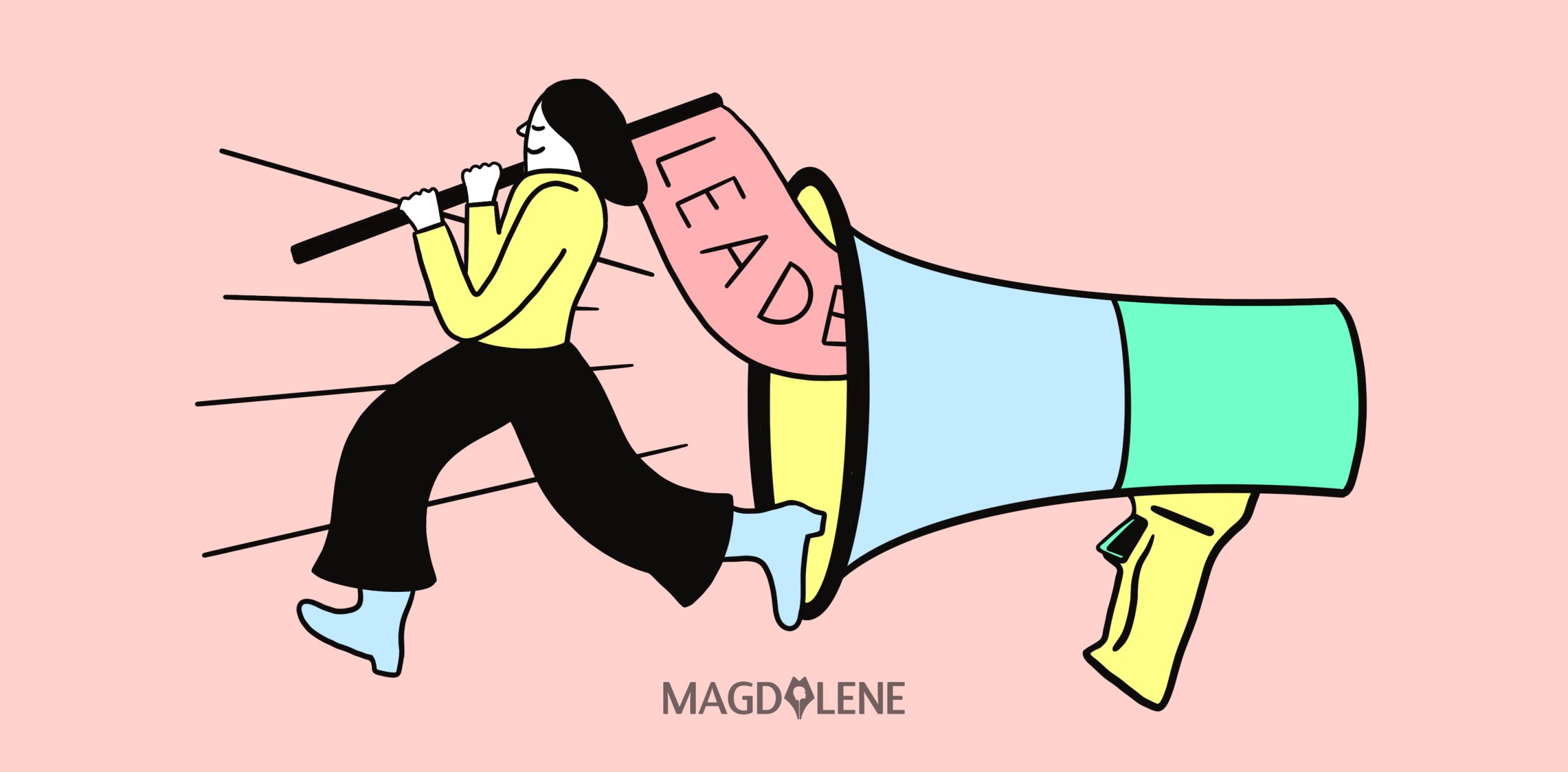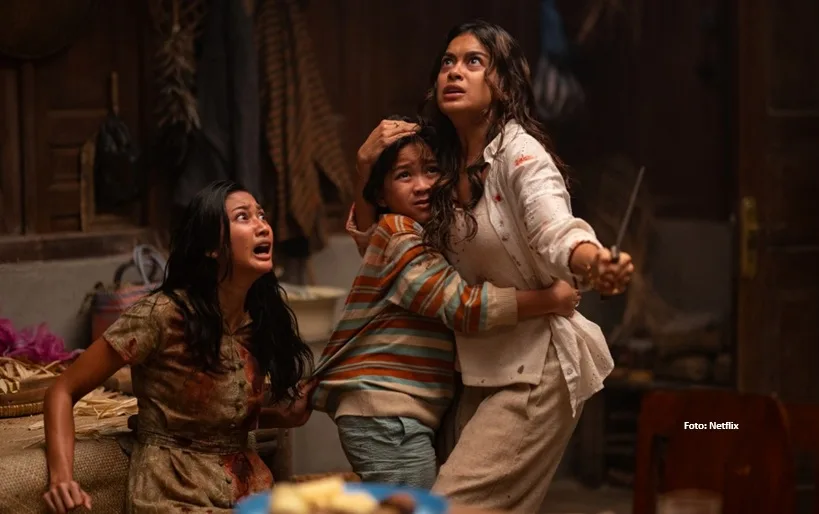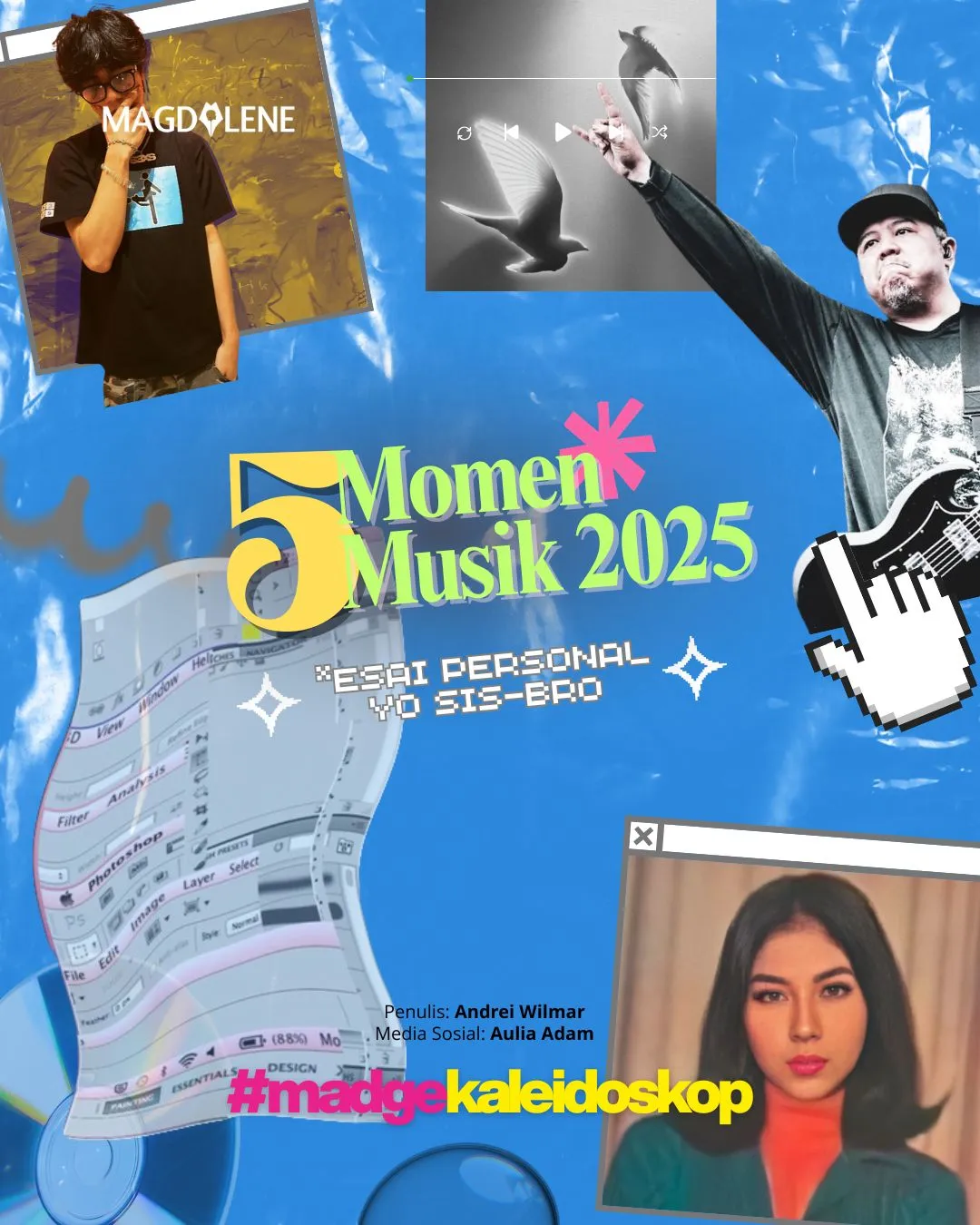Schitt’s Creek and the Value of Growth, Kindness, and Nuance
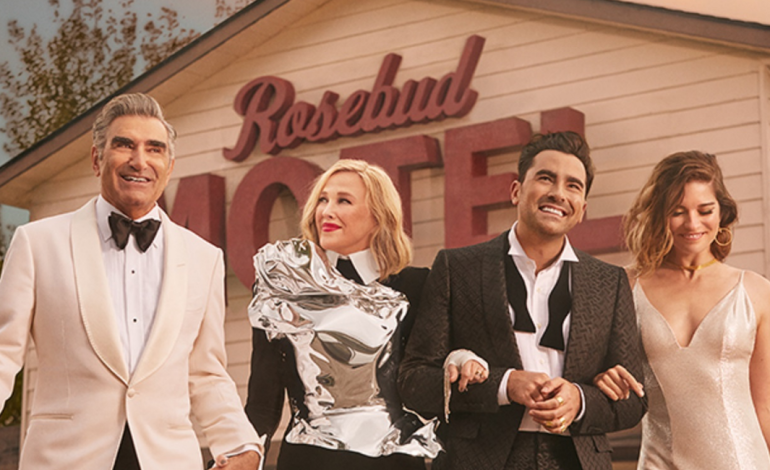
It seems a little bit late to review Schitt’s Creek now, more than a year after the show has ended its triumphant 6-season run. But I think this is exactly the right time, and not just because it’s finally picked up by Indonesia’s latest streaming service Mola TV.
You see, Schitt’s Creek is special and so universally beloved not because it’s funny and has so many unforgettable zingers (which it does), but because it is simultaneously wholesome and nuanced, and it’s something that is proven to be increasingly hard to find these days, both in a TV series or otherwise.
The premise of the show doesn’t seem like it’s going to be a wholesome and kind sitcom, but that’s exactly what’s so great about it. Schitt’s Creek tells the story of the wealthy Rose family, led by video magnate Johnny Rose, who found themselves stripped away of everything they own after being defrauded by their business manager. Well, everything but their sole remaining asset: a small town called Schitt’s Creek that Johnny bought for his son David as a joke birthday gift in the 90s.
Homeless and poor, the Rose family found themselves having to live in adjacent rooms in the town’s only run-down motel to try to rebuild their lives again. This premise could go sinister and condescending really fast, but somehow in the hands of creator and showrunner Dan Levy – who co-created and starred in the show with his dad Eugene Levy – Schitt’s Creek ends up being the prime example of how you can be funny and clever, while still being wholesome and sweet.
Read also: The Legacy of Elle Woods Revisiting Legally Blonde on Its 20th Anniversary
I say funny and clever because it is undoubtedly a very funny, clever show with lots of zingers and memorable lines delivered by almost all the main characters. But beyond the zingers and lines (which are plentiful, including the now-infamous: “David, stop acting like a disgruntled pelican!”), I think the power of the series lies in its ability to embrace nuance.

Source: IMBD
Thanks to social media and its annoying algorithm, it’s getting increasingly hard to embrace nuance these days. Social media AI is designed in such a way that it will constantly feed you information, news, and things that are similar to what you have previously shown interest in, so much so that you stay there long enough, and you forget that there are others who do not share your thoughts, beliefs, and opinions.
We are more and more divided because we’re starting to forget that the world isn’t us vs. them, it’s not black or white, it’s much more nuanced than that. There are so many shades of black and white. Ask Pantone, if you don’t believe me.
Through the Rose family and the townsfolk, we are being reminded of the nuance – those various shades (maybe even more than 50) of grey, black, green, and so on. This is established from the get-go. The Rose family is presented not as spoiled, bratty, condescending, and ungrateful. They’re definitely not perfect, and especially in the first season you can see how out-of-touch from the real world they are. But they are also willing to start adapting and adjusting, building friendships and relationships, and even as they complain and plan their escape, they never see the townsfolk as those less than they are.
Read also: ‘WandaVision’ is Not That Kind of (Marvel) Show, It’s The Best Kind
The townsfolk themselves are never presented as backwards, stupid, xenophobic, or discriminative, which a lot of shows set in small rural towns often do. Instead, they are just presented as people. They may not be fashionable like the Roses, they may be a tad quirky, but they are actual people with families, hopes, dreams, desires, just like everyone else in the world. There’s never any judgment as to why they’re in that small town, and definitely no judgment on their way of life.
Schitt’s Creek thrives in nuance. Later on, in season 1 the flamboyant David Rose – spoiler alert –
hooks up with a woman, his friend Stevie Budd. I have to admit, I was pretty taken aback by that storyline even though I kind of already knew it was going to happen. Still, my mind was screaming, “But he’s gay!”
Dan Levy knew exactly what he was doing though, because an episode later, when Stevie asked David what his sexual orientation was while shopping for wine to bring to a dinner party, David explained it as simply as: “I do drink red wine, but I also drink white wine. And I’ve been known to sample the occasional rosé. And a couple summers back, I tried a merlot that used to be a chardonnay, which got to be a bit complicated… I like the wine and not the label, does that make sense?”
In a world obsessed with labelling and is increasingly divided into boxes that don’t allow for any kind of nuance, it’s truly refreshing to watch a show that is all about nuance. Where a flamboyant, dramatic, effeminate man can be attracted to a woman when he wants to, where the formerly wealthy family can adapt and learn to live modestly without detesting the people around them and secretly thinking everyone is beneath them, where the residents in a small town can be accepting to an odd formerly wealthy family with their wacky shenanigans without any judgment. Schitt’s Creek is just kind and warm, while still being smart and wickedly funny.
The only way Schitt’s Creek manages to be a wholesome, kind show without being saccharine and over-the-top is its commitment to growth. The Rose family arrived in Schitt’s Creek as an out-of-touch former Real Housewives-type family, but they did not stay that way. They continued to grow in a real, grounded way that doesn’t make their “transformation” magic or too good to be true. They still managed to retain their true selves in the end, but they ended up being better people. They weren’t the only ones to grow. The townsfolk were also allowed to change, adapt, and grow – and become better people as a result, whilst still retaining their core identity.
Schitt’s Creek shows us that we can grow and become better if we just allow for kindness to change us, if we give room for nuance, and if we are always willing to give others the benefit of the doubt. The show truly is just the perfect show for this day and age, and the only problem I have with it is the fact that Mola TV seems to find it necessary to censor all the gay kisses. I get that this is meant for the Indonesian audience, but the censorship is at odds with the message at the heart of the show; that we should love and accept others as they are. The wine, not the label.


